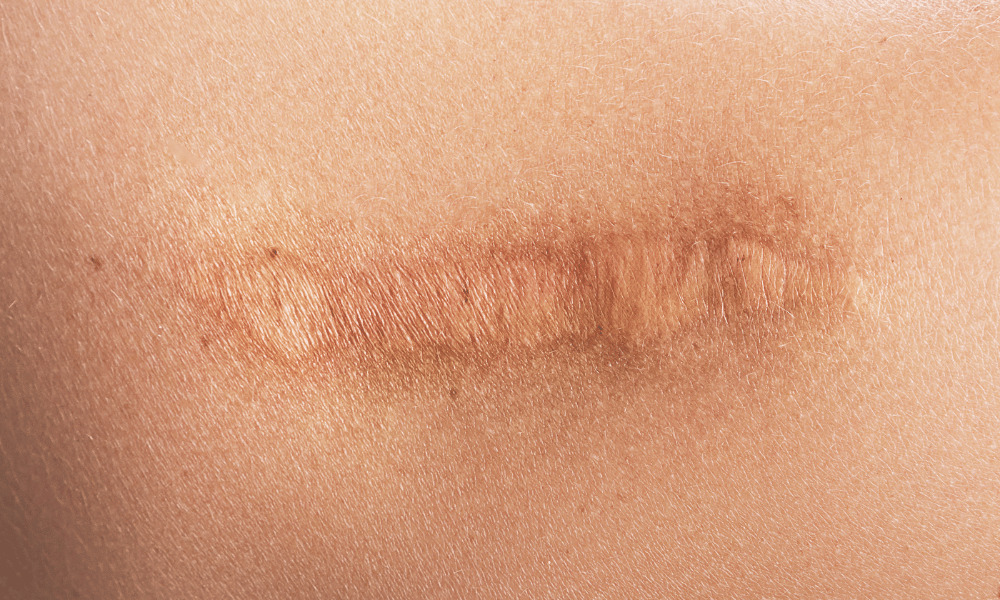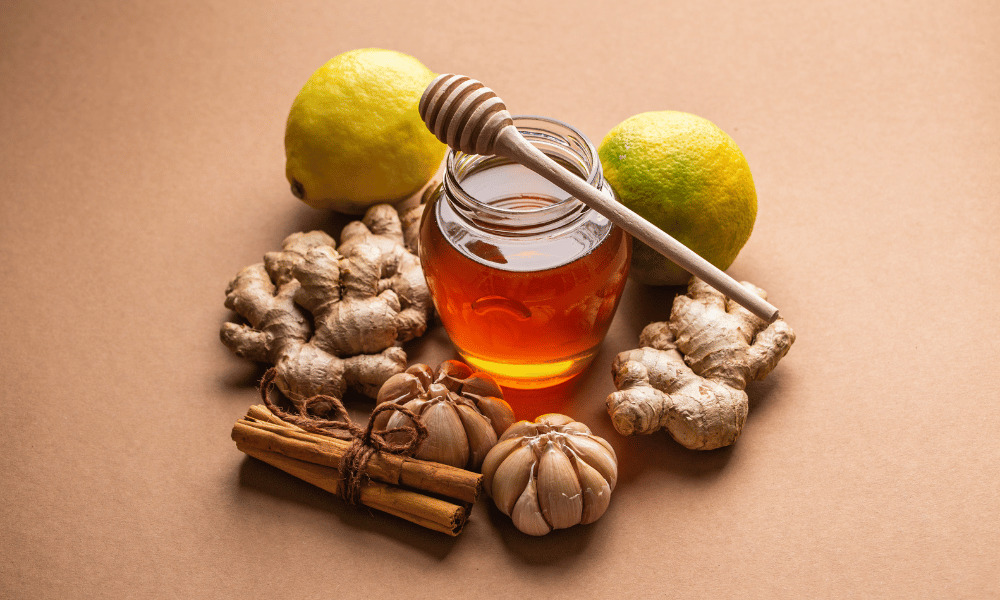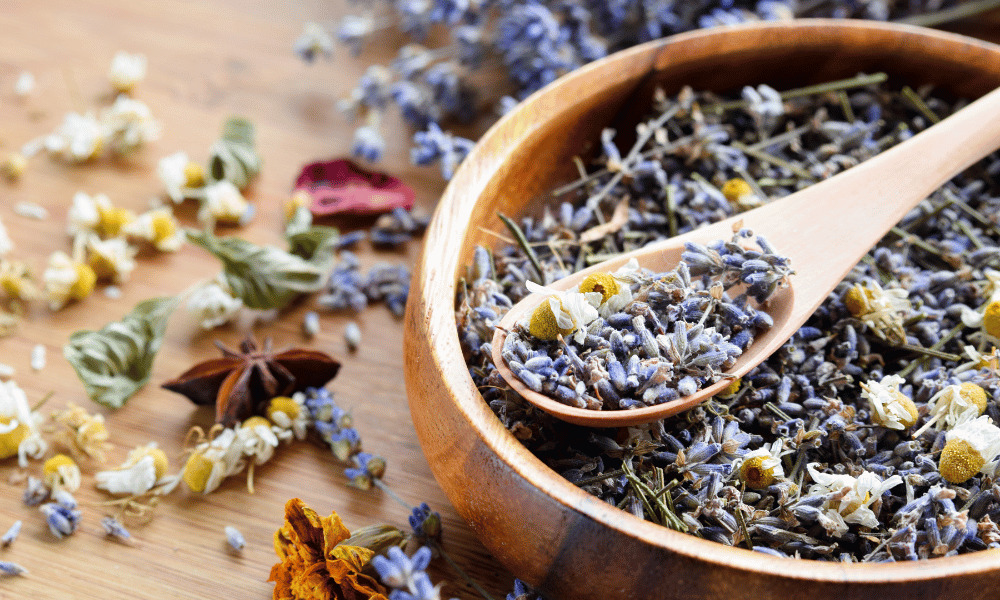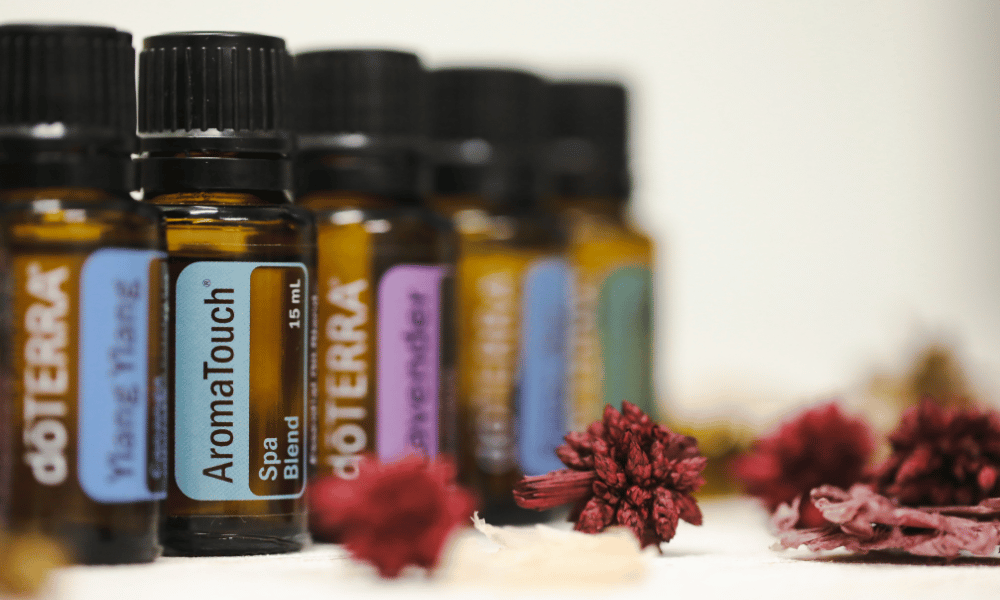
How to heal scar tissue in uterus naturally? The uterus, a vital organ in the female reproductive system, can sometimes develop scar tissue due to various reasons such as surgery, childbirth trauma, or infections. This guide will help you understand the causes and symptoms of uterine scar tissue and explore natural remedies that can promote healing.
Understanding Scar Tissue in the Uterus

Scar tissue in the uterus, also known as Asherman’s syndrome or intrauterine adhesions, occurs when the uterine walls stick together due to fibrous bands. This condition can lead to menstrual irregularities, recurrent miscarriages, and infertility1.
Women with uterine scar tissue might experience physical symptoms like reduced menstrual flow, no periods, and recurrent pelvic pain. Emotionally, it can cause stress, anxiety, and depression due to fertility issues.
How to heal scar tissue in uterus naturally : Natural Remedies for Healing Uterine Scar Tissue

Herbs
Herbal remedies have been used for centuries to treat various ailments. Shatavari, a popular herb in Ayurvedic medicine, is known to strengthen the uterus and remove weakness in females1. Similarly, Chinese herbal medicine plays a significant role in treating gynecological diseases, including those related to cesarean scar defects2.
Echinacea and Goldenseal are other potent herbs known for their immune-boosting properties. A liquid extract of these herbs taken every three hours for the first two days after surgery may help reduce infection and promote healing3.
Certain herbs, such as calendula, comfrey, and gotu kola, are known for their healing properties and can help reduce inflammation and promote tissue repair2. They can be consumed as tea or used topically as oils or creams. Always consult with a professional herbalist or healthcare provider before starting any herbal treatment.
Acupuncture
Acupuncture can improve circulation, reduce inflammation, and promote healing. Studies suggest that acupuncture can help treat Asherman’s syndrome by improving uterine blood flow3.
Yoga
Yoga poses like Butterfly Pose, Reclining Hero Pose, and Cobra Pose can improve blood circulation in the pelvic area, promoting healing and reducing scar tissue4.
Stress Management
Chronic stress can impede the body’s ability to heal. Techniques such as mindfulness, meditation, and deep breathing exercises can help manage stress levels, thus enhancing the body’s natural healing process5.
Massage Therapy
Abdominal massage therapy can help break down scar tissue in the uterus. It improves blood circulation and lymphatic drainage, promoting healing and reducing inflammation6.
Nutritional Supplements
Supplements like Vitamin C, Zinc, and Bromelain can promote tissue healing and reduce inflammation. Always consult with a healthcare provider before starting any supplement regimen.
Lifestyle Tips for Optimal Uterine Health

Maintaining a balanced diet rich in fruits, vegetables, lean proteins, and whole grains can support overall health and promote healing. Regular exercise, adequate hydration, and sufficient sleep are also crucial for optimal health.
Limiting exposure to environmental toxins, managing stress, and regular check-ups can prevent conditions that lead to scar tissue formation.
Remember, every woman’s body is unique. While these natural therapies can aid in healing, they should be used in conjunction with conventional treatments under the guidance of healthcare providers.
Dietary Changes and Supplementation

Dietary changes can significantly influence the body’s healing process, especially when it comes to conditions like uterine scar tissue. Dietary changes and supplementation with certain herbs and spices can also support natural healing. Chamomile, ashwagandha, and ginger are known for their anti-inflammatory properties and can help manage endometriosis, a condition often associated with uterine scarring7.
Natural remedies offer a holistic approach to healing uterine scar tissue. They not only address the physical symptoms but also help manage the emotional and mental stress associated with the condition. However, it’s important to remember that these remedies should be used under the guidance of a healthcare provider or a professional herbalist.
Here are some changes you can incorporate into your diet to promote natural healing.
Eat More Fruits and Vegetables
Fruits and vegetables are rich in flavonoids and carotenoids, which have antioxidant and anti-inflammatory properties1. They are also high in fiber, which can help reduce inflammation and promote healing2.
Increase Omega-3 Fatty Acids Intake
Omega-3 fatty acids, found in fatty fish like salmon, mackerel, and sardines, as well as flaxseeds and walnuts, can help reduce inflammation, a key factor in scar tissue development3.
Include Probiotics in Your Diet
Probiotics are important for maintaining gut health, which in turn affects overall health and healing. Particularly in patients suffering from endometriosis, probiotics are essential as vitamin B levels are usually lower than normal4.
Consume More Vitamin C-Rich Foods
Vitamin C is crucial for rebuilding collagen and soft tissue, which can aid in healing post-surgery scars5. Berries, citrus fruits, and bell peppers are excellent sources of vitamin C.
Avoid Foods That Lead to Inflammation
Dairy products, processed foods, and high-sugar foods can lead to inflammation and should be avoided6.
Incorporate Anti-Inflammatory Herbs and Spices

Turmeric, ginger, and cinnamon have powerful anti-inflammatory properties that can help reduce scar tissue7.
Remember, dietary changes should be part of a comprehensive treatment plan under the guidance of a healthcare provider.
Acupuncture has been widely recognized for its effectiveness in stimulating blood circulation and reducing inflammation. This traditional Chinese medicine technique involves inserting thin needles into specific points on the body to stimulate energy pathways, which can enhance peripheral blood flow1.
Research suggests that acupuncture can improve retrobulbar circulation (the blood flow behind the eye), even in patients already taking standard medication2. Acupuncture is also said to stimulate the release of nitric oxide in the body, which can dilate constricted blood vessels that inhibit blood flow, hence enhancing nutrient circulation3.
Moreover, acupuncture has been shown to boost oxygenation in tissues by improving blood flow, which can support relief in the body4. It’s also been used for thousands of years to promote blood flow and reduce inflammation5.
In combination with therapeutic exercise, acupuncture can be highly effective in increasing blood flow to the extremities6. However, it’s important to seek these treatments from a licensed professional to ensure safety and effectiveness.
Essential Oils

Essential oils have been used in natural healing practices for centuries, and many can potentially help with the healing of scar tissue in the uterus. Here are some essential oils that may be beneficial.
Essential oils and massage therapy can also contribute to dissolving internal scar tissue naturally4. For instance, treatments with a castor oil pack can encourage the gentle dissolution of internal scarring and adhesions5.
Osteopathic manipulative treatment (OMT) and pelvic massage can gently release bands of uterine scar tissue called adhesions6.
Lavender
Lavender oil is known for its calming properties and has been suggested as a natural treatment for women with endometriosis1. It’s also been noted to promote wound healing and reduce scarring when applied to the skin2.
Sage and Marjoram
Both sage and marjoram oils are also recommended for women with endometriosis. While there isn’t much scientific research on their effects on uterine scar tissue, both oils have been used traditionally for their anti-inflammatory properties.
Helichrysum
Helichrysum oil is another essential oil that some people use on the skin to promote wound healing and reduce scarring.
Castor Oil
Castor oil, while not an essential oil, is often recommended for self-care practices, including softening and mobilizing scar tissue3.
Frankincense
Frankincense oil is known for its abilities to lower inflammation and improve the skin’s healing process, making it a potential aid in preventing and fading scars4.
Eucalyptus Radiata
Eucalyptus radiata is believed to help with inflammation, while lavender can support well-being, sleep, and scar tissue healing. Cypress is suggested to aid with circulation5.
It’s important to remember that essential oils should be used with care and under the guidance of a healthcare provider or a professional aromatherapist.
YOU MAY ALSO LIKE:
- Exploring the Myomatous Uterus: A Comprehensive Guide
- Decoding the Differences: Bicornuate Uterus vs Septate Uterus
- Things to buy before hysterectomy |Must-Have Items for a Comfortable Hysterectomy Recovery
- Comprehensive Guide on How to clean uterus after a miscarriage naturally at home
- Understanding and Managing Stabbing pain in uterus
